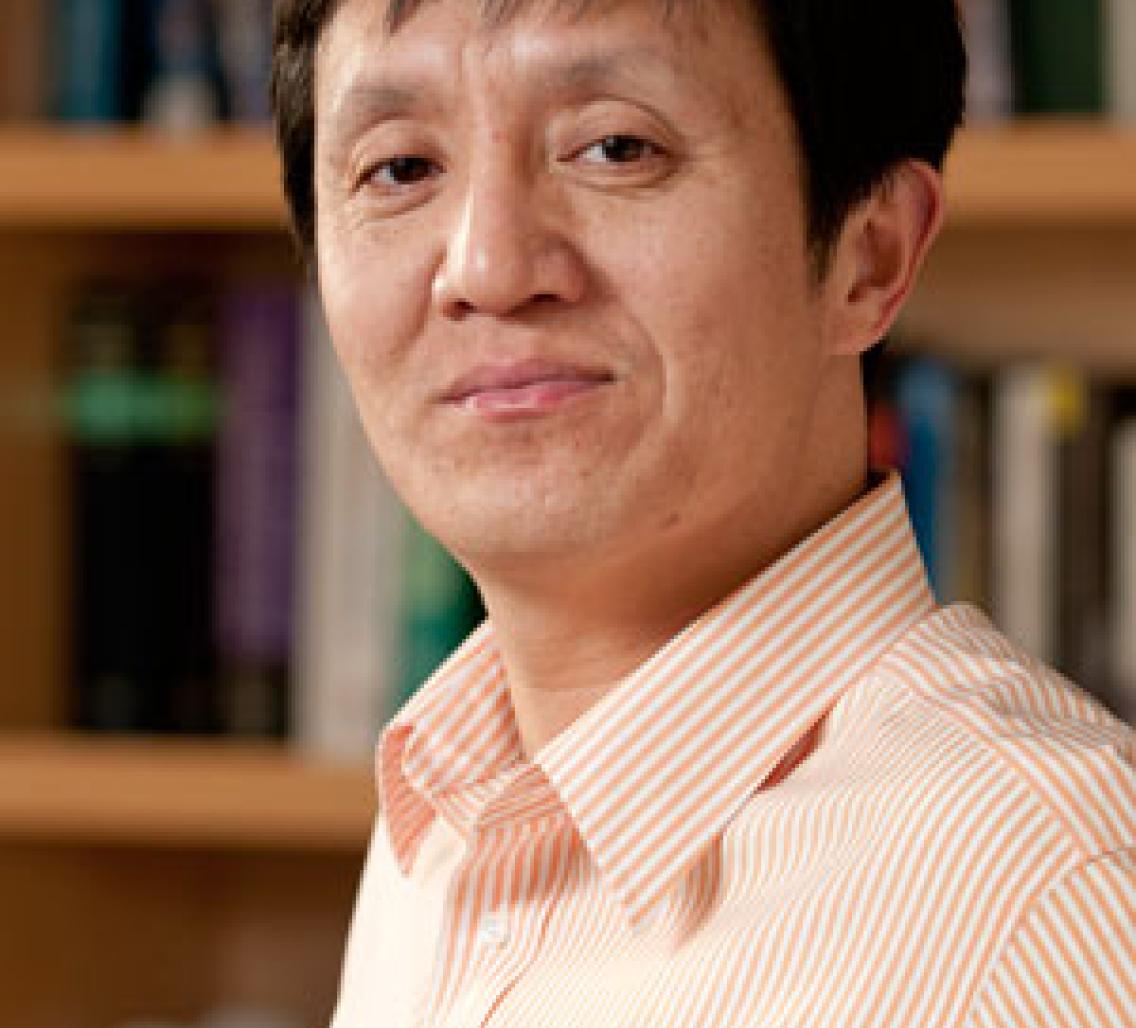Ker Than
LIQUN LUO has received an Award for Education in Neuroscience in recognition of his “outstanding contributions” to education and training in the field.
Luo shares this year’s award, which is presented by the Society for Neuroscience, with Yves De Koninck of Canada’s Université Laval.
For the last 22 years, Luo has been the driving force behind the popular Molecular and Cellular Neurobiology course for both undergraduate and graduate students at Stanford.
While maintaining his teaching and research responsibilities, Luo has also devoted several years to developing a textbook for undergraduate neuroscience education, titled “Principles of Neurobiology.” The textbook’s first edition, which published in 2015, received outstanding reviews and is listed as the textbook for 150 courses taught by major universities worldwide.
“This education award means a lot to me,” said Luo, who is the Ann and Bill Swindells Professor in the School of Humanities and Sciences. “I am glad that the textbook is widely used.”
Luo said he was inspired to write the textbook after realizing that the texts he used to teach neuroscience courses didn’t always convey what he wanted his students to take away from his classes.
“I wanted to teach students more about how knowledge has been obtained, rather than what is the current state of knowledge,” Luo said. “All existing textbooks focus mostly on the latter.”
So, Luo decided in 2010 to convert his lecture notes into textbook chapters, not fully appreciating the daunting task he had set for himself. “I thought it would take two years, but it ended up taking 5.5 years,” said Luo, who distilled the lessons he learned from that experience into a blog post.
Luo has also trained a large number of graduate students and postdoctoral researchers, many of whom are now conducting world-class neuroscience research in their own labs.
“I want to instill in my graduate students and postdocs the joy of the scientific discovery,” Luo said. “I also try to instill optimism because experiments can be difficult. We need to be critical of our own work, and we may have to experience many failures before success, but as long as we are determined, sooner or later things will work out.
